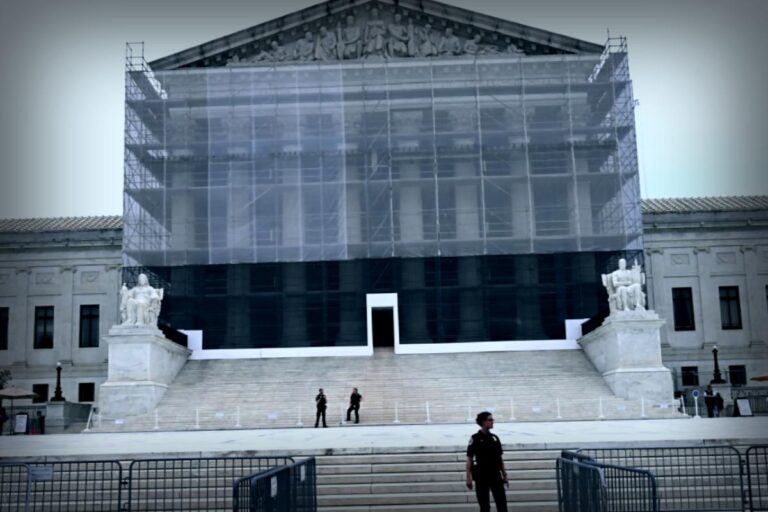The Senate took a significant step on Tuesday night by confirming Emil Bove as a federal appeals court judge, following a heated confirmation process. Bove, who has served as the top Justice Department official and previously represented Donald Trump, was the focus of three whistleblower complaints that argue he prioritized the president’s agenda over legal integrity.
The final vote, 50-49 in favor of Bove’s appointment to the U.S. Court of Appeals for the 3rd Circuit, largely mirrored party lines. Notably, Republican Senators Lisa Murkowski (Alaska) and Susan Collins (Maine) sided with Democrats in voting against Bove, while Senator Bill Hagerty (Tennessee) was absent for the vote.
Bove is arguably the most polarizing nominee among the 15 judges Trump has proposed during his second term, with critics, including Senate Democrats and the whistleblowers, asserting that he lacks the impartiality required for judicial responsibilities.
Trump officially nominated Bove in June for this role, responsible for cases involving Pennsylvania, New Jersey, Delaware, and the Virgin Islands. His confirmation timeline was unusually expedited, prompting complaints from Democrats who felt there wasn’t enough opportunity for thorough debate. This tension peaked when some Senate members walked out of a hearing due to Republican tactics limiting discussion.
In a sign of overwhelming disapproval, hundreds of former prosecutors penned a letter to the Senate, denouncing Bove’s nomination as “the worst conceivable candidate.”
Bove’s actions during his time in the Trump administration have raised concerns. He allegedly facilitated efforts to dismiss career prosecutors and influence the legal approach to immigration policy. Whistleblowers have claimed that Bove suggested in a March meeting that regulations might need to be set aside to bolster Trump’s immigration agenda. One of these whistleblowers, Erez Reuveni, was fired from the Justice Department in April and has publicly shared his experiences.
Another whistleblower has revealed evidence suggesting that Bove misled senators during his confirmation hearing regarding important matters relating to public corruption charges against New York City Mayor Eric Adams. This added accusation has triggered investigations and was met with discussions between aides to Senate Judiciary Committee Chairman Chuck Grassley (Republican-Iowa) and the whistleblower’s attorneys last Monday.
In the aftermath of the vote, Senate Minority Leader Charles E. Schumer (Democrat-NY) remarked, “Given the likelihood that Mr. Bove misled senators, he should never become a federal judge,” labeling the day as a “dark moment.”
Collins articulated her concerns about Bove’s previous actions, stating, “Mr. Bove’s political affiliations and past decisions at the Justice Department make me conclude he would lack the impartiality required of a federal judge.” However, other Republicans remained unconvinced by the whistleblower allegations.
Senator Thom Tillis (Republican-North Carolina) previously opposed another Trump nominee for U.S. attorney due to his support for the Capitol rioters and has expressed skepticism toward the charges against Bove. He remarked he would need proper procedures to consider new evidence, stating, “If I am advised to pursue discussions with a whistleblower, I would be open to that—but only through established committee protocols.”
Contributions to this report were made by Liz Goodwin.


















